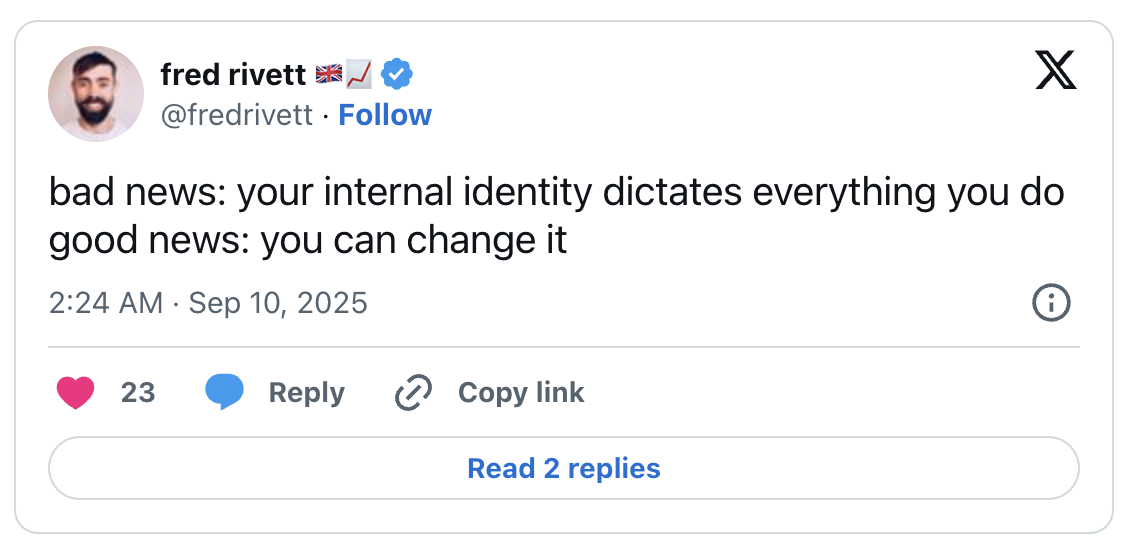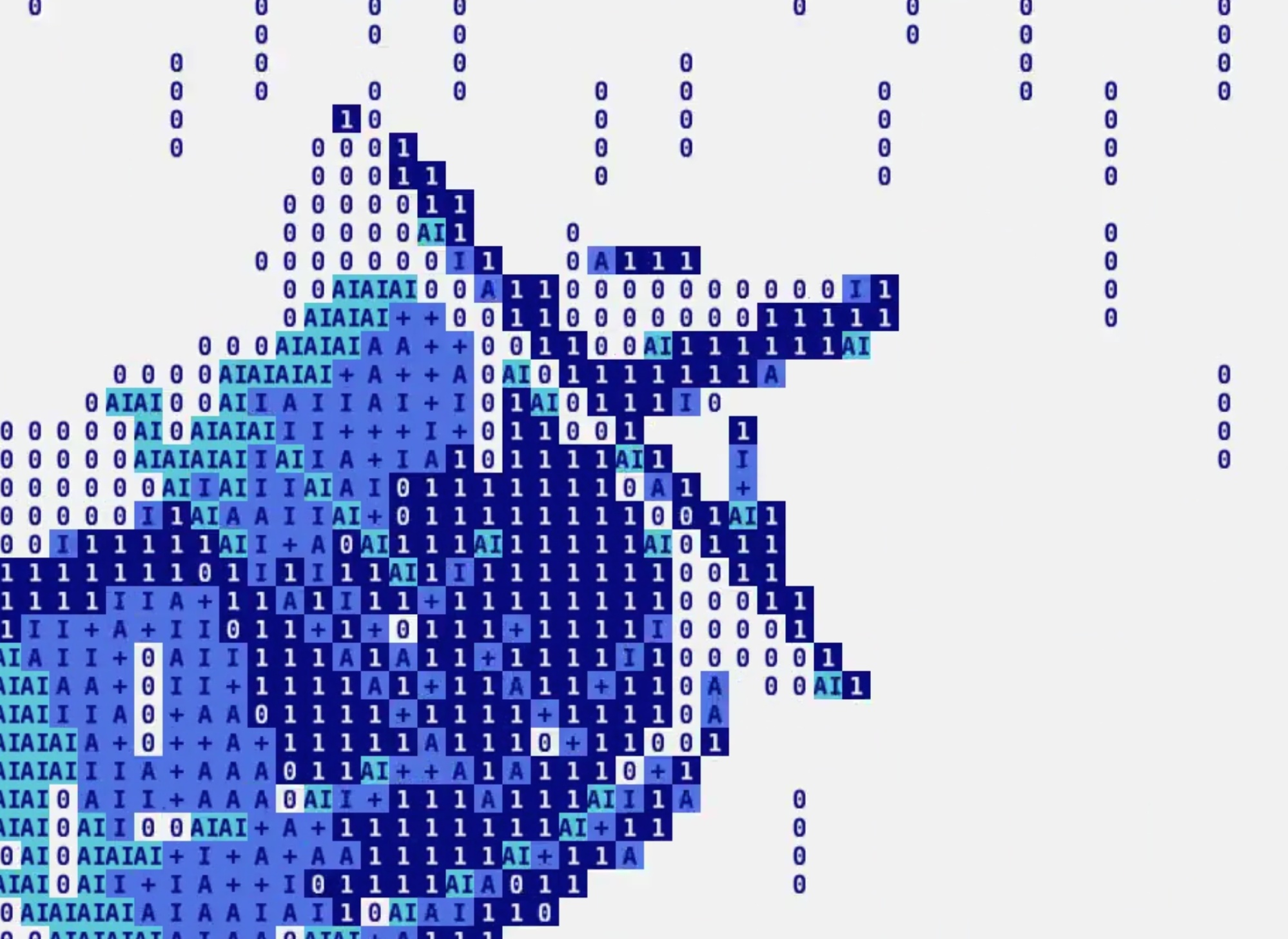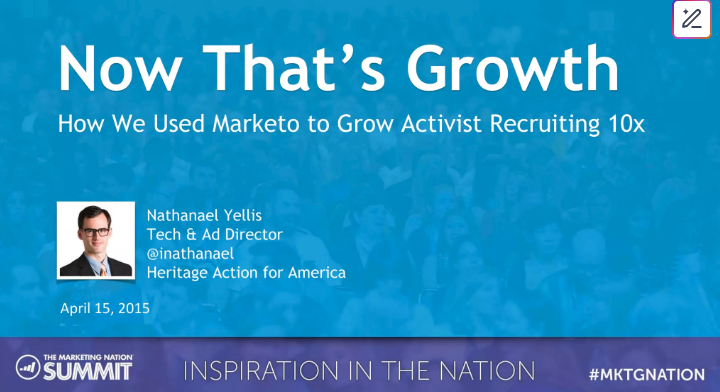A friendly, neighborhood holiday - #447
I used to be a Halloween agnostic. I didn't like the macabre decorations; for kids trick-or-treating was fine, but I didn't enjoy following them around. It's since grown on me. Now, I'm a fan. Here's why.

I used to be a Halloween agnostic. I didn't like the macabre decorations; for kids trick-or-treating was fine, but I didn't enjoy following them around. It's since grown on me. Now, I'm a fan. Here's why.

In the Spring, I received a mailer from my summer camp. In it, they tell you about what's new and who will be the summer camp staff this summer. As a kid and a counselor, that list of names was catnip: a look-ahead to who I'd be hanging out with all summer. In the mailer, they print the guys' names, their colleges or high schools, and the number of years they've been at the camp. Reading this year's, I noticed a few absences on the list. Not of people, it's been a long while since I recognized the staff, but of colleges. It wasn't just that the camp hire people from different places, it turned out that a few of the mid-Atlantic's Christian and liberal arts schools have shuttered completely.

In these emails, I've done my fair share of handwringing about politics. A lot of what I've written and linked to reflected headlines, not underlying reality. (The emails from 2015-6 reflected my very slow realization that it was time to find a real job, outside of politics.) A few of the blog archives hold up: Romney went from mainstream villain to hero, the gender divide in politics makes the right more male than ever, and my little first-hand glimpse of whatever it was, now over a decade old, still comes to mind when I read the news. Something has happened, or is happening, on the American right.

A few nights ago, around the proverbial campfire, a guy remarked that he found halloween decorations dark and foreboding—evil. Playing the humorous contrarian, I had to quickly make up a reason to like the skulls, skeletons, and severed pumpkin heads popping up all around this end of suburbia. What I said was that, in a culture where we continually pretend death doesn't exist, it's refreshing that for a few weeks leading up to All Hallow's Eve, we manage to face our deepest fear and stare death in the face. And, sure, while these silly decorations may be playing with death as a motif, I think we'd rather acknowledge death unseriously than to go the full year without acknowledging it at all. While not intended to be all that serious, upon reflection, I think this bit of repartee may hold up.

If you’ve been around these parts for a while, you’ve read about rest, pausing, and disconnecting. In a culture of workism and busyness, I enjoy playing the contrarian. But this dichotomy of mental orientation is a healthy corrective: state vs. action. Being state-orientated is a mode of internal inquiry about how you are doing and feeling, a continual inquiry into your emotions. Doubtless a state-orientation can be helpful, but you can easily visualize the lurking downward spiral: if the answer to a state inquiry is negative, then off you go ruminating on the bad feelings, causing you to feel even worse. Seldom does the adventure of asking if you’re happy spark a moment of happiness.

What are you up to this weekend? I'm heading to camp. No, that's not the name of a lake house, nor am I going to sleep in a tent. I'm taking my oldest son to the ol' summer camp. The place I was every summer from age 8 until 21 (with a fun reprise the summer I turned 23). From ages 8 to 13, I spent two weeks there, from then it was four weeks, then eight, then eleven—which was the upper limit of time the staff could be there.

In my years as a consultant, I cooked up lots of interesting concepts for people to use their software tools to work differently. The work of identifying the root cause of solvable challenges, finding the conceptual ingredients for a solution, and then demoing the new way kept me busy. It's really engaging work! But coming up with a new (easier!, better!, etc.) way of working wasn't enough. You had to make the ideas resonate. It takes work to translate cool new solutions into real world language. Using demos, interactive proofs of concept, etc. go a long way in landing new ideas in a way that makes people want to adopt them. But even with the best communications and change management, new ways of working often failed to stick. A quick example: a short few months after configuring everyone's Outlook to talk with their CRM automatically, I'd learn the sales team returned to using whiteboards to track conversations and emailed Excel sheets to project new sales.

This Fall, I'll spend a few weekly evenings collecting kids from soccer practices and most Saturdays watching a youth soccer games. It's interesting to see how kids learn soccer. It's certainly not how adults would learn it. Adults might start running in mid-summer to get in shape and watch soccer on TV and tutorials on YouTube. Kids play soccer in the street. One of them has decided that, new for this year, when he plays goalie, he'll use his hands. The other let us know that he's observed his coach sometimes telling the boys, at the end of practice, that they didn't really pay attention and probably need to get clued in more to make practice useful, but other times the coach doesn't say that. The kid found this curious, because he thinks all practices are about the same.

I've spent the week in the modern marketer's paradise: a convention center temporarily dedicated to HubSpot's software. Everything from the billboards to the floorboards has been emblazoned with HubSpot's advertising. We've had all twenty thousand eyeballs on HubSpot's leaders, as they told us what's the latest in the wider world of go-to-market and how the HubSpot software will respond with new feature after new feature. Even the colors are new: HubSpot's brand underwent a redesign. It's been a totally new week dedicated to totally new things. All eyes forward.
More than a hundred and fifty people read the weekly email “Nathanael’s Reading,” which he’s sent every Friday since 2016. Nathanael includes original thoughts and curated reading on technology + marketing + simplicity. Subscribe by entering your email here